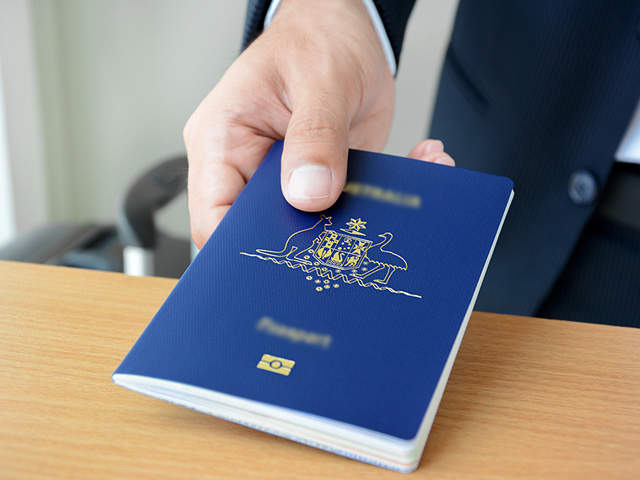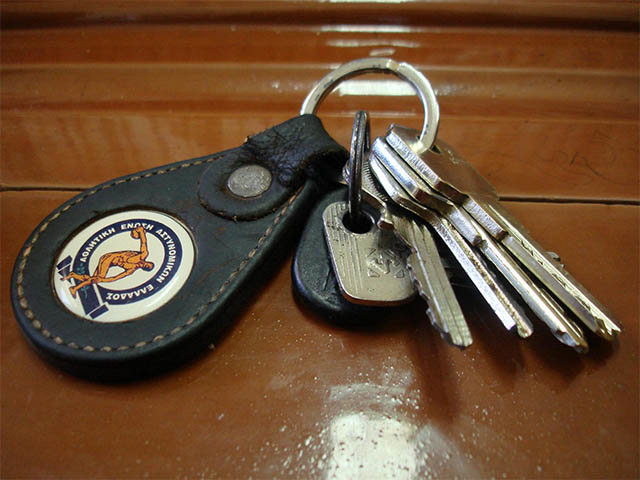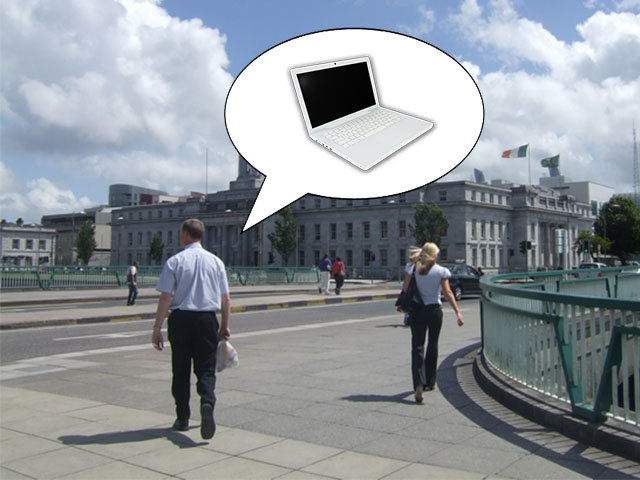Forget or leave? (A2)
Slovesa FORGET a LEAVE mají podobný význam – zapomenout. Víte, jak se liší?
Forget, leave – procvičování:
Porovnejte:
|
Did you forget it?
|
Zapomněl jsi to? |
|
Did you leave it on the bus?
|
Zapomněl jsi to v autobuse? |
I forgot my wallet. I left it in the café.
| Bez místa: |
I forgot it.
|
| S místem: |
I left it in the café.
|


Nejdříve pro zopakování – FORGET a LEAVE jsou nepravidelná slovesa:
|
forget
|
leave
|
|
forgot
|
left
|
|
forgotten
|
left
|
Forget = zapomenout něco
|
I forgot my pen again.
|
Zapomněla jsem si zase pero. |
|
Don't forget your scarf.
|
Nezapomeň si šálu. |
|
Write it down before you forget it.
|
Zapiš si to, než to zapomeneš. |
|
Mike forgot my birthday.
|
Mike zapomněl na moje narozeniny. |
FORGET používáme obvykle bez místa:
|
I forgot my pen.
|
|
Don't forget it.
|
Neříkáme: I forgot my pen in the office., Don't forget it in the office.
Don't forget your hat!
| Bez místa: |
Don't forget your hat at the hotel.
|


Ally forgot her racket. I had to lend her mine.
| Bez místa: |
She forgot it at home.
|


FORGET používáme někdy s významem zapomenout na někoho nebo zapomenout něco udělat:
|
I will never forget you.
|
Nikdy na tebe nezapomenu. |
|
Jane can't forget the Italian.
|
Jane nemůže zapomenout na toho Itala. |
|
Don't forget to take the pot off the stove.
|
Nezapomeňte sundat hrnec ze sporáku. |
|
I'm always forgetting to lock the door.
|
Pořád zapomínám zamykat dveře. |
FORGET obvykle používáme s infinitivem s TO (to do, to lock, to take...):
|
Don't forget to do it.
|
|
I'm forgetting to lock it.
|
FORGET používáme také s -ING, ale s trochu odlišným významem. Více o rozdílech v lekci: Slovesa s TO nebo ING
Ann was my first love. I'll never forget her.
| Zapomenout na někoho: |
I'll never forget her.
|


Don't forget to close the window.
|
forget close to close
|
|
forget to lock
|
|
forget to open
|


Opakem FORGET je většinou REMEMBER (pamatovat si; vzpomenout si):
|
I won't forget it.
|
Nezapomenu to. |
|
I'll remember it.
|
Budu si to pamatovat. |
|
He didn't forget to do it.
|
Nezapomněl to udělat. |
|
He remembered to do it.
|
Vzpomněl si, že to má udělat. |
I hope you didn't forget to feed Arnie.
| Zapomenout: |
forget to feed
|
| Pamatovat si: |
remember to feed
|


Molly didn't remember to bring the camera.
|
She didn't remember it.
|
|
She forgot it.
|


Leave = zapomenout/nechat někde něco
|
I left my homework at home.
|
Domácí úkol jsem si zapomněl doma. |
|
Robin left her bag in the supermarket.
|
Robin zapomněla tašku v supermarketu. |
|
Mom left her ring somewhere.
|
Máma někde zapomněla svůj prsten. |
|
Where did you leave the car keys?
|
Kde jsi nechal klíče od auta? |
LEAVE používáme obvykle s místem, nebo když se na místo ptáme:
|
I left it at home.
|
|
Where did you leave it?
|
Neříkáme: I left it., Did you leave it?
Porovnejte LEAVE (= s místem) a FORGET (= bez místa):
|
Did Ben forget his phone? Where exactly did he leave it?
|
|
Yes, Ben forgot his phone. He left it in the kitchen.
|
Thomas left his passport at the check-in counter.
| S místem: |
He left it at the counter.
|
| Bez místa: |
He forgot it.
|


I left my water bottle somewhere.
| S místem: |
I left it somewhere.
|
| Bez místa: |
I forgot it.
|


Where did you leave the keys?
| S místem: |
Where did you leave it?
|
| Bez místa: |
Did you forget it?
|


LEAVE může znamenat, že se něco někde nechalo, buď neúmyslně (= zapomnělo se), nebo úmyslně. Porovnejte:
|
Lee has left his money in the hotel. He has to go back for it. (= neúmyslně)
|
|
Lee has left the money in the hotel to keep it safe. (= úmyslně)
|
|
I wanted to leave the chicken in the oven for one hour. Unfortunately, I forgot about it and left it there for two hours. (= úmyslně a neúmyslně)
|
Andy left his laptop in the library. When he returned, it was gone.
| Nechat neúmyslně: |
He left it there.
|


We decided to leave the children with my sister.
| Nechat úmyslně: |
We left them there.
|


Don't leave the sausages on the grill for too long. Also, don't forget to turn them.
| S místem: |
Don't leave them on the grill.
|
| Bez místa: |
Don't forget to turn them.
|


Forget, leave – nejdůležitější body a tip na závěr:
- FORGET → bez místa (I forgot it.)
- LEAVE → s místem (I left it at home.)
- Doporučujeme si procvičit FORGET a LEAVE v našich cvičeních.
